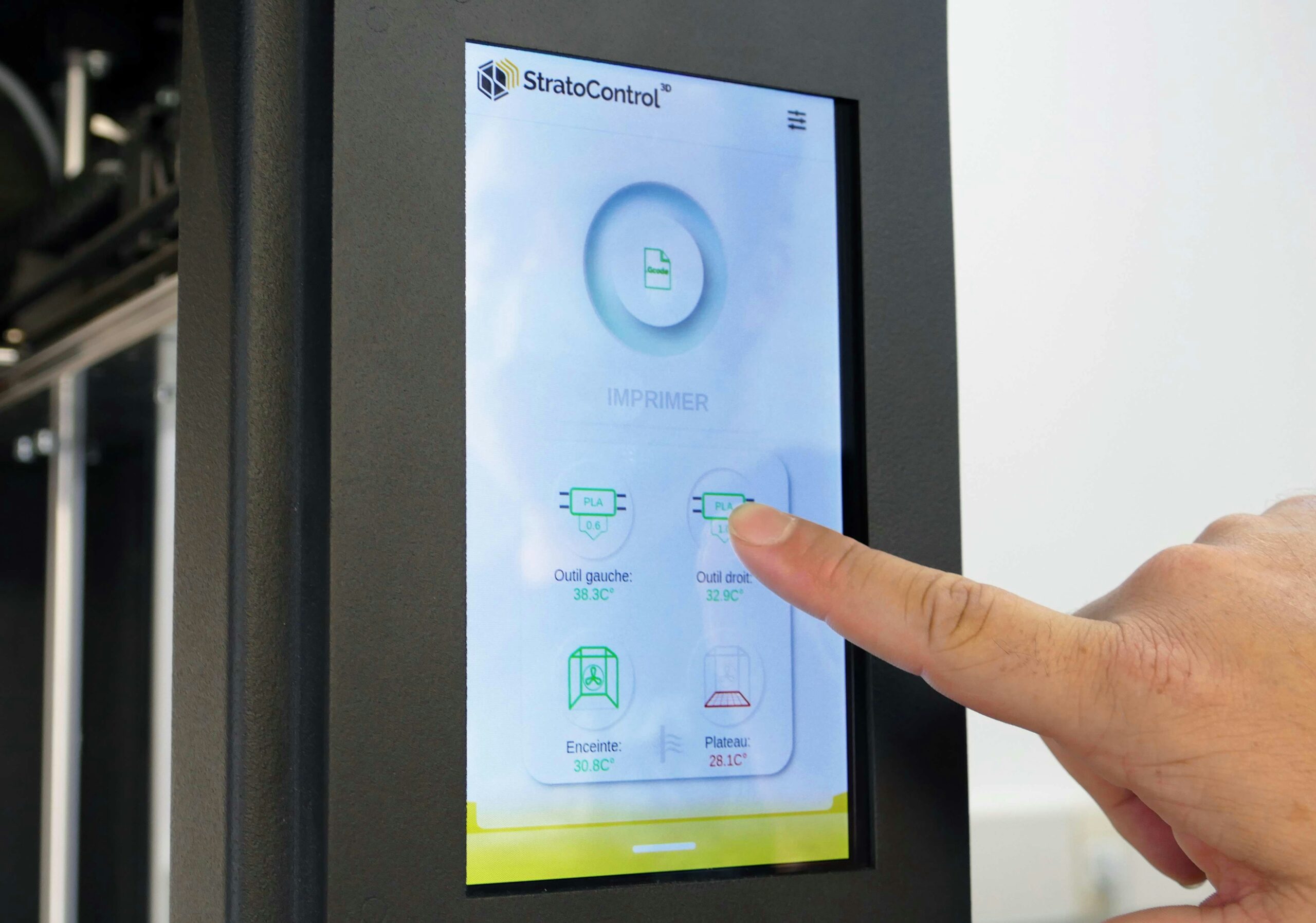
Negotiation Techniques for Better Business Deals
Effective negotiation is crucial for securing better business deals. Whether you’re negotiating with suppliers, clients, or partners, mastering key techniques can significantly impact your success. This article outlines essential negotiation techniques to help you achieve favorable outcomes in your business dealings.
Preparation is Key
The foundation of any successful negotiation lies in thorough preparation. Understanding your goals, knowing your limits, and researching the other party’s needs and interests are crucial steps. Preparation involves gathering relevant information, such as market conditions, competitive offers, and the other party’s business model. By doing so, you can identify leverage points and anticipate potential objections, allowing you to craft a well-informed strategy.
Establish Clear Objectives
Before entering any negotiation, it’s important to establish clear and realistic objectives. Define what you want to achieve, including your ideal outcome and acceptable compromises. Having a clear set of goals helps you stay focused during the negotiation process and ensures that you don’t settle for less than what is necessary for your business. Additionally, understanding your walk-away point where you are prepared to end the negotiation if your minimum requirements are not met is essential for maintaining your position.
Active Listening and Effective Communication
Active listening is a powerful technique that can significantly enhance your negotiation skills. By genuinely listening to the other party’s concerns and needs, you demonstrate respect and build rapport. Effective communication involves not only listening but also asking open-ended questions to gain deeper insights into the other party’s motivations. This approach allows you to identify common ground and areas of mutual benefit, fostering a collaborative atmosphere.
Leverage Win-Win Solutions
Successful negotiators aim for win-win solutions that satisfy both parties’ interests. Instead of viewing negotiation as a zero-sum game, where one party’s gain is the other’s loss, focus on creating value for all involved. Explore creative options that address the underlying needs and interests of both sides. This approach not only helps in reaching an agreement but also strengthens long-term business relationships by fostering trust and cooperation.
Manage Emotions and Stay Professional
Negotiations can be intense and emotionally charged, but it’s crucial to remain composed and professional throughout the process. Managing your emotions helps you stay focused on your objectives and prevents impulsive decisions that could undermine your position. Techniques such as deep breathing, taking breaks, and staying mindful of your body language can help maintain a calm demeanor. Additionally, showing respect and professionalism towards the other party, even during disagreements, can positively influence the negotiation outcome.
Use Anchoring to Your Advantage
Anchoring is a powerful psychological technique where the first offer sets the reference point for the negotiation. Making the first offer allows you to establish a favorable starting position and influence the other party’s perception of value. However, it’s important to make a well-researched and realistic initial offer. If the other party makes the first offer, counter with an anchor that aligns more closely with your objectives. The key is to remain flexible and ready to adjust your position based on the negotiation dynamics.
Build Relationships and Trust
Building strong relationships and trust with the other party can significantly enhance your negotiation effectiveness. People are more likely to make concessions and agree to favorable terms when they feel a sense of trust and rapport. Invest time in getting to know the other party, understanding their business, and showing genuine interest in their success. Establishing a positive relationship can lead to more cooperative negotiations and better long-term business partnerships.
Utilize Silence and Patience
Silence and patience are often underestimated but powerful tools in negotiation. After presenting an offer or counteroffer, resist the urge to immediately fill the silence. Allowing the other party time to process and respond can work in your favor, as it can create pressure for them to break the silence with a concession or acceptance. Additionally, exercising patience throughout the negotiation process helps you avoid hasty decisions and gives you time to consider all aspects of the deal.
Be Willing to Walk Away
One of the most important techniques in negotiation is the willingness to walk away if the deal does not meet your minimum requirements. This mindset gives you leverage, as it shows the other party that you are not desperate and are prepared to pursue other options. Having a clear walk-away point ensures that you do not agree to unfavorable terms that could harm your business. It also signals to the other party that they need to make reasonable concessions to secure the deal.
Conclusion
Negotiation is an art that requires preparation, clear objectives, effective communication, and strategic techniques. By preparing thoroughly, establishing clear goals, actively listening, leveraging win-win solutions, managing emotions, using anchoring, building relationships, utilizing silence, and being willing to walk away, you can improve your negotiation outcomes and secure better business deals. These techniques not only help in achieving favorable terms but also in building strong, long-lasting business relationships.





